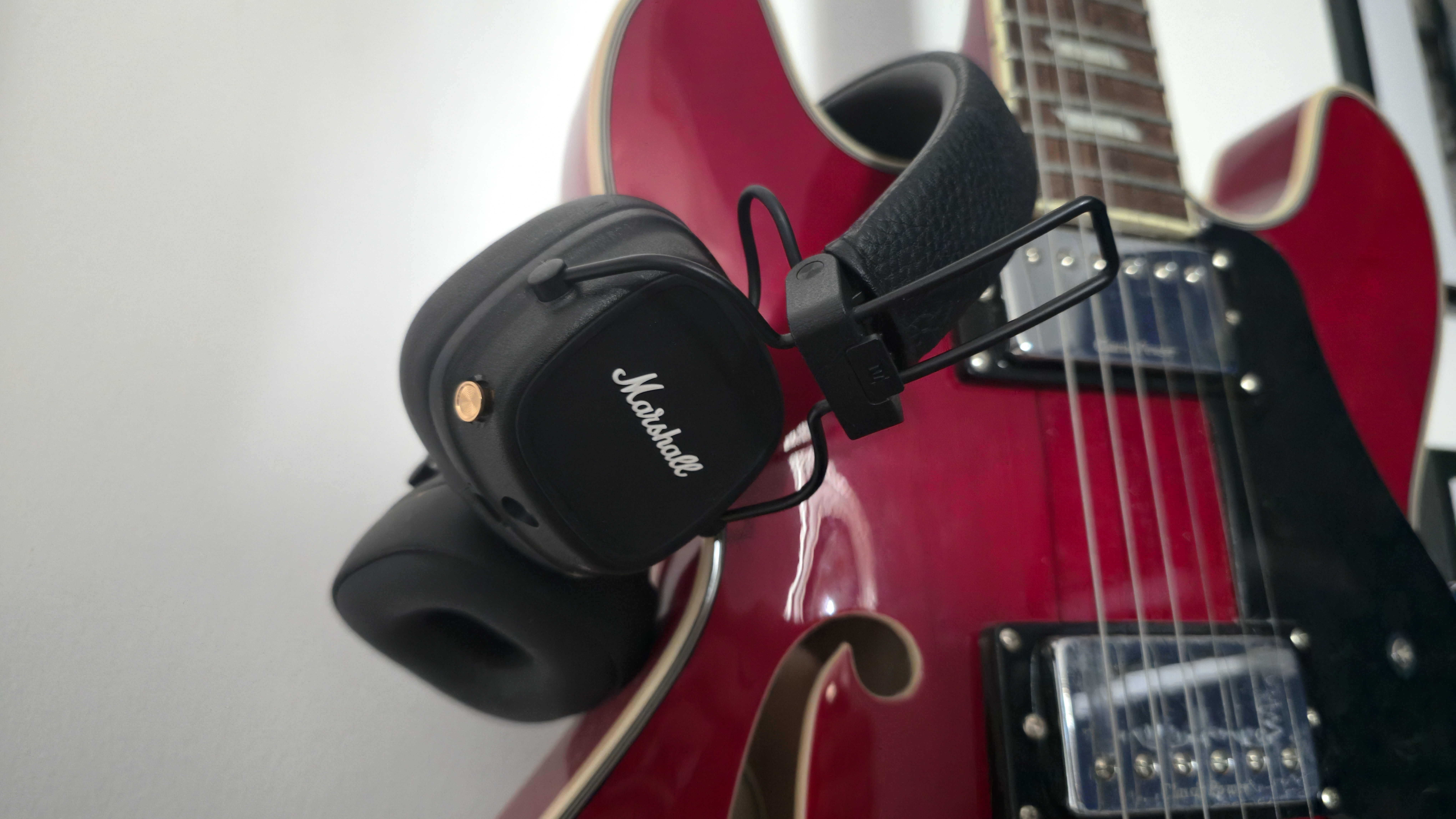Google Apps ditches support for IE7
Firefox 3.5 and Safari 3 also on borrowed time as Google pushes HTML5

Google has revealed plans to only support modern browsers across Google Apps. A post on the Official Google Enterprise Blog outlines the company’s decision to drop support for Internet Explorer 7, along with Safari 3 and Firefox 3.5, in August 2011, citing a need for modern web standards in its online apps.
Venkat Panchapakesan, vice president of engineering, said in the post: “For web applications to spring even farther ahead of traditional software, our teams need to make use of new capabilities available in modern browsers. For example, desktop notifications for Gmail and drag-and-drop file upload in Google Docs require advanced browsers that support HTML5. Older browsers just don’t have the chops to provide you with the same high-quality experience.” Going forward, Google plans to only support the “current and prior major release of Chrome, Firefox, Internet Explorer and Safari on a rolling basis”. Opera was not mentioned in the post.
Developers we spoke to appear to back Google’s latest move. Remy Sharp told us that he didn’t consider the move aggressive, and argued that “Google wouldn't drop support for any browser that had significant traffic. Clearly, IE7 doesn’t”. To that end, he asks whether your business receives enough traffic for the browsers you support and develop for: “I hear all too many times that clients want to support IE6 or IE7, but when they're really pushed, often they don't know what their usage figures are like.” Sharp says he knows of companies explicitly supporting IE7, despite usage stats being higher for iOS, which they don't test or optimise for, or demanding iOS sites when Android usage is stronger. “It boils down to knowing your users but also measuring the additional financial cost of supporting broken browsers,” he continues, adding that he just launched full-frontal.org and on examining usage stats, IE7 and below accounted for under two per cent of traffic, and so it dropping support made perfect sense.
Aaron Gustafson, Easy Readers, LLC co-founder, largely agrees, stating that from a business perspective, the move makes complete sense: “Google Apps is a closed web application that you must register for,” he says. “For that type of product, supporting really old browsers while simultaneously trying to innovate is a financially risky move. At this point, we're already talking about Firefox 6 and Internet Explorer 10, so sunsetting IE7 and Firefox 3.5 seems like a no-brainer.” However, Gustafson is more wary of public websites being so quick to drop support: “If we were talking about Google.com, I would vehemently disagree with the decision, because that would prohibit access to content that could easily be built for everyone by following the philosophy of progressive enhancement.”
Aral Balkan, however, thinks designers should start being even more aggressive, and argues that version numbers are now totally meaningless when considering rapidly evolving web standards: “The web doesn't have version numbers,” he argues. “It is fundamentally incompatible with the concept. It is the now." He says that for browsers, the only version number that matters “is the latest”, and that any manufacturer that cannot get users to upgrade “either has a broken update system, a conflict of interest, or both”. When it comes to IE and Google’s stance, he asks whether anyone should support previous versions of other browsers, and, if not, “why treat IE any differently?”
Get the Creative Bloq Newsletter
Daily design news, reviews, how-tos and more, as picked by the editors.

Thank you for reading 5 articles this month* Join now for unlimited access
Enjoy your first month for just £1 / $1 / €1
*Read 5 free articles per month without a subscription

Join now for unlimited access
Try first month for just £1 / $1 / €1

The Creative Bloq team is made up of a group of art and design enthusiasts, and has changed and evolved since Creative Bloq began back in 2012. The current website team consists of eight full-time members of staff: Editor Georgia Coggan, Deputy Editor Rosie Hilder, Ecommerce Editor Beren Neale, Senior News Editor Daniel Piper, Editor, Digital Art and 3D Ian Dean, Tech Reviews Editor Erlingur Einarsson, Ecommerce Writer Beth Nicholls and Staff Writer Natalie Fear, as well as a roster of freelancers from around the world. The ImagineFX magazine team also pitch in, ensuring that content from leading digital art publication ImagineFX is represented on Creative Bloq.
